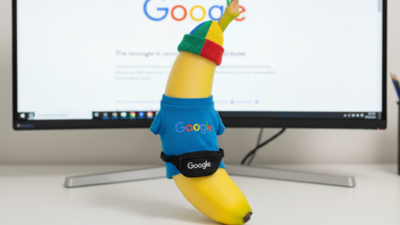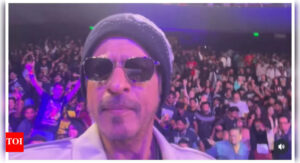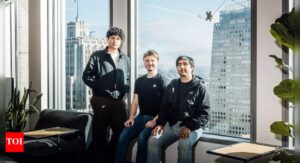Nano Banana AI trend: Google DeepMind announces hackathon winners; gives away prizes worth $400,000

Google DeepMind has announced the 50 winners of its recent Nano Banana Hackathon. The company is awarding the contest winners non-monetary prizes totalling $400,000. The 48-hour competition, which ran from September 6 to September 8, received 832 project submissions. Each of the 50 winning projects received a prize package that included $5,000 in Gemini API credits, $1,000 in Fal credits, and 11 million Eleven Labs credits valued at approximately $2,000. Google also provided a special technology prize for submissions that demonstrated outstanding technical achievement using Eleven Labs or Fal technologies.In a thread of posts shared on the social media platform X (earlier Twitter), Google announced the names and the projects of each winner and wrote: “We’re excited to announce the winners of the Nano BananaHackathon! 832 projects were submitted, 50 winners were selected, and over $400,000 in prizes were given out.”
How Google determined the winners of Nano Banana hackathon
As the name implies, participants were challenged to create a product, application, or demo using Google’s Gemini 2.5 Flash Image model, popularly known as Nano Banana. This new image generation and editing tool, developed by Google, enhances the Gemini app’s editing experience by allowing users to create multiple variations from a single photo or combine ideas from different images.The hackathon went beyond basic text-to-image generation, asking participants to develop innovative concepts, leverage the model’s strengths, and build apps that could power dynamic storytelling, boost e-commerce, automate creative workflows, and enable the next wave of natural language photo editors, according to Google DeepMind.To support this, Google introduced a special Gemini API tier with a limit of 20 images per minute and 500 requests per project daily. Submissions had to be hosted publicly on Kaggle and include a demo video of up to two minutes to showcase the project’s “wow” factor.Entries were judged with 10% weight given to the quality of the demo video, 40% to innovation and the “wow” element, and the remaining points split across technical execution, functionality, and potential impact.Google highlighted several winners in a social media post. Among them, LifeTrace Timeline transformed raw location data into a personal diary for reflecting on daily experiences. ArtLens blended AI with art history to reimagine famous paintings as real-world scenes. Another standout, ForgeOne, introduced an AI-driven system for automated creative workflows that evaluates and refines its own outputs against professional standards.




